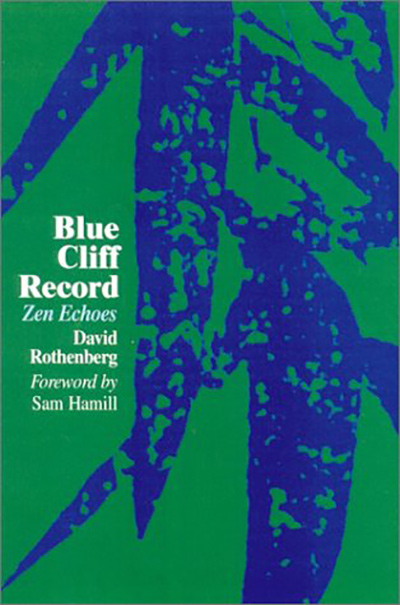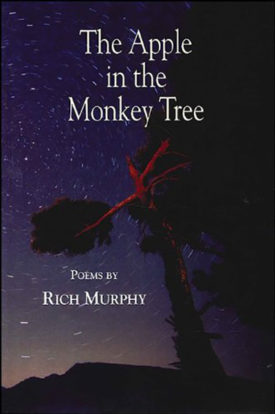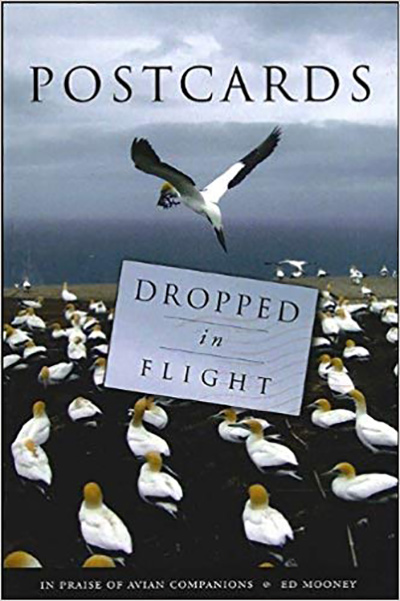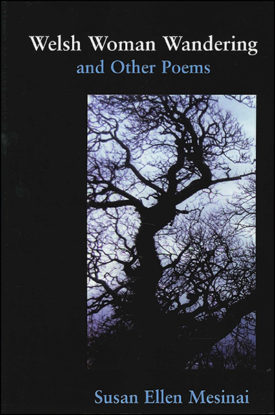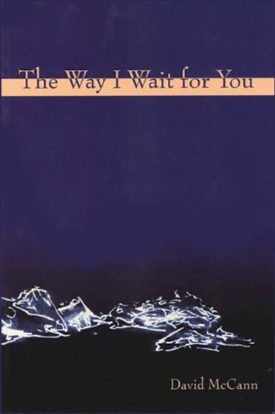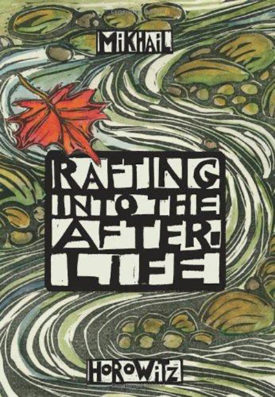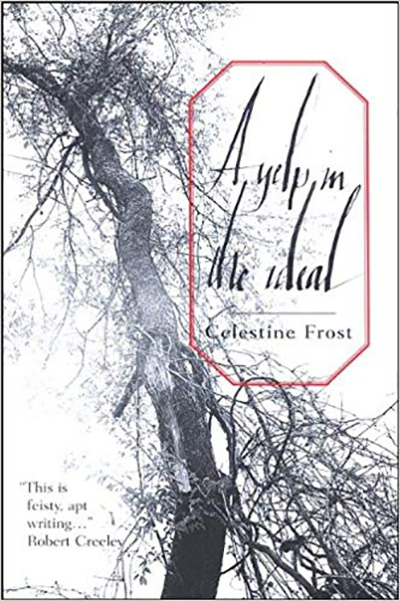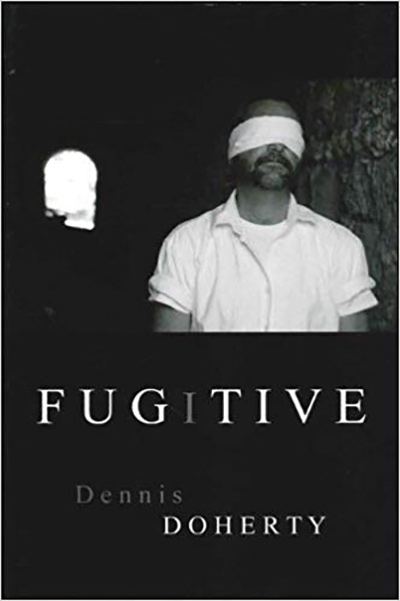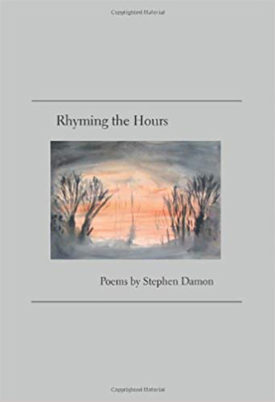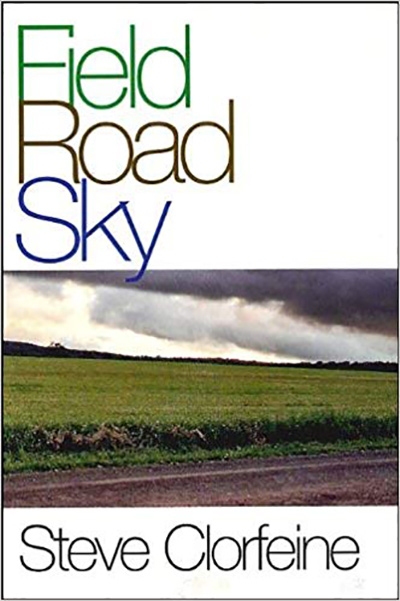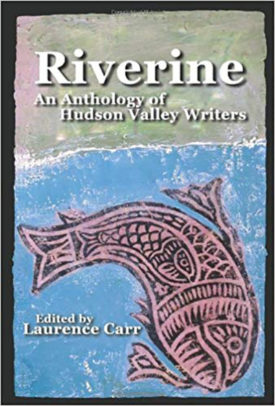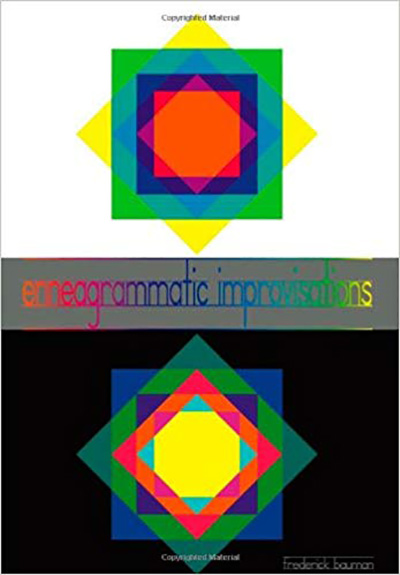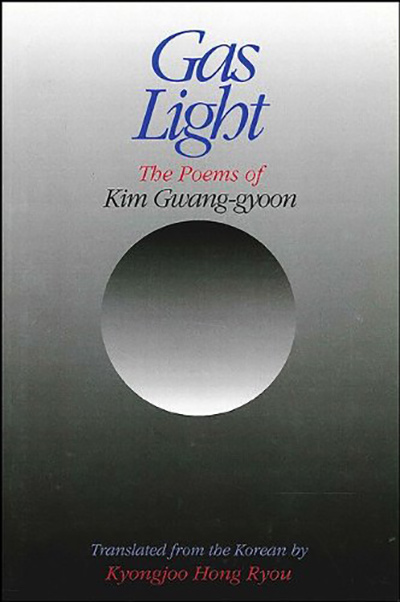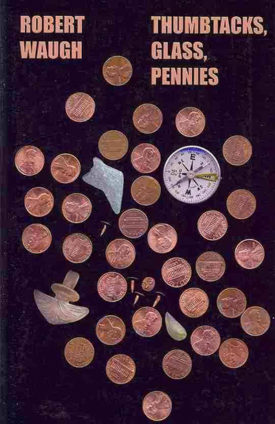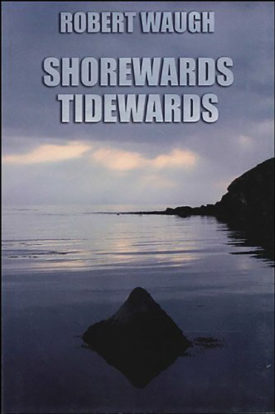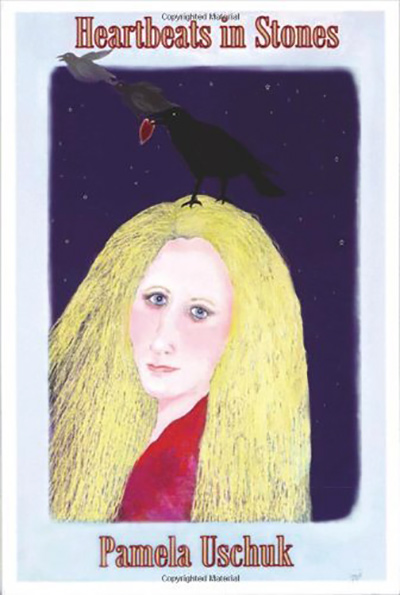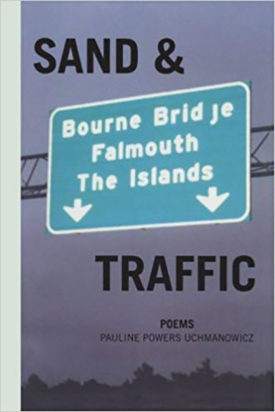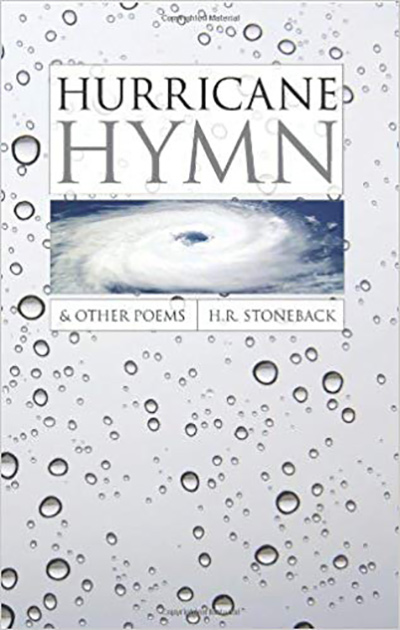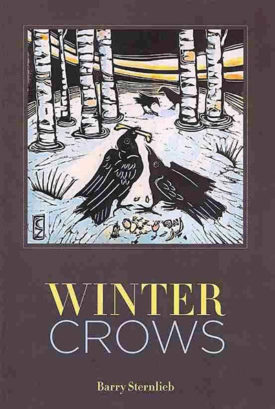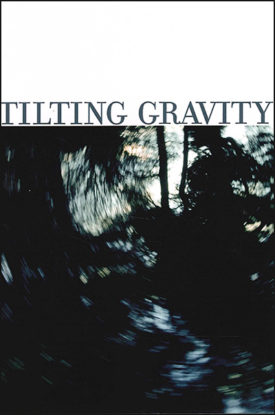-
"Mr. Murphy is a very careful craftsman in his work, a patient and testing intelligence, one of those writers who knows precisely what he wants his style to achieve. His poetry is quiet but packed, carefully wrought, not surrealistically wild, and its range not limited but deliberately narrow. It takes aim."
—Derek Walcott
"Among my favorite poems in Rich Murphy's The Apple in the Monkey Tree, 'Monk See Monk Do,' 'Forceps Two Step,' 'Table Manner,' 'Weather or Knots,' 'Science 1492,' 'The Nature of Things Now,' 'Genesis.' I could go on listing. The apple and the monkey are carried throughout the collection but are presented in a fresh way each time they appear. The satire—the exposure of the reality of human existence and human nature, very Swift-like, yet different in execution—less gritty than Swift's poetry. Nicely done.”—Samantha Gloss, Freelance Editor
"If 'we distract the angels from the soft / behind of our biology for the rough / terrain of history,' we connect human beings to the fuller spirit of the mountain and ocean. After all, the earth is prior to mankind. We exist for it. Nature doesn't exist only for human use. These poems ask questions about human relevance. If a poet can answer, in part, the question, What are the reasons for history?—then his book is worthy of our attention.”—Sean Farragher, Poetry Editor, FRiGG Magazine
-
Out of stockIn Praise of Avian Companions TO CATCH THOUGHT UPON THE WING CATCH POSTCARDS DROPPED IN FLIGHT. AND ATTEND THE FEATHERED MESSENGERS. EVEN PLATO KNEW THE SOUL AS RAMPANT AVIARY. HE IMAGINES HE'LL FLOAT UPWARD AT HIS DEATH LIKE A WILD SWAN ELUDING ALL WHO WISH TO CORNER HIM IN ANY CAGE OF PROOF OR FINISHED PORTRAIT. ONLY THOSE WHO RISE TO SOAR WITHIN HIS ELEMENT ENJOY HIS COMPANY. Ed Mooney tilts his ear to catch these avian intimations intercepted in Boston, Venice, Berkeley, or other sites of utter surprise. A skim of these meditations appeared in Terra Nova, the journal of deep ecology, and were acknowledged in The Best American Essays, 1998."Charming, enigmatic, often humorous, these half-poetic, half-philosophic vignettes condense a lifetime to its essential images. They sent me searching for my own."
—Steve Webb, Seattle writer and Emerson scholar, author of A Notebook on The Inward Morning
"Those who love water, evening flyers, and early fog will love these poetic nests meant to lure the roaming philosophic mind."—Will Johnson, scholar of Indigenous Religions & Buddhism, Cal State San Diego, author of Riding the Ox Home
2006 | 168 pages
-
and Other Poems "Susan Mesinai's poems are spiritual, inquisitive, and generous—an alchemy of language. With imagistic lines and surprising off-rhymes, their many cadenced voices range from Raoul Wallenberg's isolation cell to Jacob's ladder-totem-pole; Kali's broad sweeping grounds to a mother's mother's healing well; a daughter who "...plants her feet on mine...laughing backwards" to a wife's full moon face 'braver than any war.' I'm grateful for these new connections to this bright, agile world of constantly renewing relationships."
—Christianne Balk, Author of Bindweed and Desiring Flight
"Susan Mesinai, activist, poet, moral conscience, sends dispatches from a spiritual battlefront.... Lyrical, personal, fiercely honest, an American Akhmatova, Mesinai bears witness to the madness of her time, and to hard-won moments of sanity and hope in this incandescent collection of poems."—Marcus Boon, York University, Author of The Road to Excess
At this Spring, you will find me, in all my smiling Invisibility Part of the play of lights and darks dancing on the Waters of a Sacred Well, giving Vision to the Blind & Healing. Here I will dwell, even in this lifetime For I have come Home. —from the poem "Welsh Woman Wandering"2007 | 110 pages
-
"These poems are a wonderful, wide-ranging record of pleasure (or perhaps it is my pleasure reading them), for even those on death or persecuted poets have beauty and restraint and all of them, whether on seabirds or a Korean wedding, are touched with the poet's signature wit and sense of astonishment."
—Paul Hamill, Poet Laureate, Tompkins County, NY
2007 | 90 pages
-
42 Poems from One Year "The 42 poems in this book were culled from a 365-poem opus titled One Year. Each poem in One Year was composed according to the following method: I would take a day—say, January 18—and, sifting through more than 25 years of journals, extract everything that was entered on that date (thoughts, reportage, dreams, conversations, overheard remarks, passages copied from books I was reading, etc.). Then I would isolate clusters of material, combine and recombine them, amplifying and further atomizing the fragments and finally whittling them down to no more than one page of text. so while everything that "happens" in a given poem did indeed transpire on its given date, that date is unmoored in time, representing many years and as many places and circumstances—ergo, the "she" who appears in the first line of a particular poem is not necessarily the same "she" who appears in the next line."
—Mikhail Horowitz
2007 | 54 pages
-
In the poetry of Celestine Frost, the I is not confessional, rarely even personal, but, like he or she, a voice, subliminal and quirky. In this, her fourth collection, the liquid, unamalgamated thought of the subconscious seeps into the conscious mind as ore into stone. The resulting idiom is the real subject of her work. "This is feisty, apt writing with an appetite one very much respects. No world is ever there unless it's come into. Here's a way in!"
—Robert Creeley
"Celestine Frost's poems have the delicate touch that the surest poets command. Here is music that can devise with fire and grace."—Ed Foster, Editor, Talisman
"A brilliant song, a celebration of life connecting us to the universe. Frost experiments with language and form, creating a unique rhythm and vision--playful, profound."—Marcia Arrieta, Editor, Indefinite Space
2003 | 120 pages
-
Out of stock
…At the crossroads of assault and proceed, with the sweat dirty gun grease of law machines, amid thrill and lull, faithless young gods inured to guts swill black smoke, uniformed, flag-fetishistic do-good recruits who brace for sanity's sake (checkpoint!) sake (checkpoint!) the creed of pluck for country and pluck for self and die in the smithy of old gods' desires... They planned it. This, the goods your works produce."
—Design at Mahmoudiya
2007 | 60 pages
-
Out of stock"You have in your hands a selection of poems I wrote just before & just after I turned fifty. Each in its way expresses the search for the unknown that has been the center of gravity of my entire adult life. This search has brought me into intimate relationship with others, some of whom I have never met and some of whom are good friends.... I hope that you can hear these voices and perhaps the sounds of forest birds & late night winds in the pages that follow."
—from the Preface
Bold and forthright in observation, Damon takes in the look and feel of things, and in concert with his perceptions, finds language both simple and adequate to his task. Where his poems sing, it is in the quiet lyric of presence. Where they exult, it is with the exclamation of the moment of pure vision.2005 | 118 pages
-
Praise for Steve Clorfeine's work: "I found myself carried by his words...often an unremarkable or extravagantly beautiful list of things and events was made brilliant by the attention paid to their existence."
—Parabola: Myth, Tradition and the Search for Meaning
"Clorfeine's day to day experiences read like a series of prose haikus...there is a clarity in his writing...a habit of seeing the ordinary and the extraordinary, the marvelous in the mundane..."—Woodstock Times
2006 | 90 pages
-
Out of stockAn Anthology of Hudson Valley Writers Riverine is a contemporary anthology of memoir, short fiction, and poetry by over seventy Hudson Valley writers. The memoirs reflect Hudson Valley life along with life outside the U.S. Intriguing short stories, both dark and light, explore a wide range of fictional characters. Microfiction (or flash fiction) brings the reader the razor-sharp genre of the short-short story and thought-provoking prose poems. Two poetry sections offer a wide array of styles from a diverse group of poets. "Hudson Valley Views" focuses upon the landscape of the valley that these poets call home. "Other Realms" journeys to the inner mindscape and takes the reader to places both real and imaginary. Riverine is the creation of writer and editor Laurence Carr along with Codhill publisher, David Appelbaum, former editor of Parabola magazine. Riverine celebrates the words of those authors who breathe the air of the Hudson Valley, drink its water, eat the harvest from its rich soil and convert these gifts into the gift of words that reflects our individual and collective lives. As long as a healthy Hudson River continues to flow through this valley (and part of our lives must be committed to its good health), the words of its writers will also continue to flow from lips and pens and pencils and keyboards.
2007 | 314 pages
-
The poems in this volume are experimental in nature. They came out of a study of the enneagram—a symbol best described in P. D. Ouspensky's In Search of the Miraculous. While looking for a way to experience the laws expressed in the enneagram, Frederick Bauman devised a poetic form of nine verses of three lines each. The poems are presented in the order written and then the stanzas are rearranged in the order 9, 3, 6, 1, 4, 2, 8, 5, 7. Readers interested in the enneagram are referred to Mr. Ouspensky's book and the “Holy Planet Purgatory” chapter of G. I. Gurdjieff's Beelzebub's Tales to His Grandson, which does not mention the enneagram but discusses the laws it symbolizes.
2007 | 110 pages
-
A Short Piece It must be that the azaleas Bloom at dawn And fall at dusk. Over the low pine grove Behind the rocks in Samchung Dong They droop Whenever the clouds pass. All through April Unnoticed by any This year's azaleas also Must be blooming in the shade And falling in the shade. —Kim Gwang-gyoon
2007 | 152 pages
-
I pick up thumb-tacks in the street and put them in my pocket. Some I use to stick up times on the corkboard, some I put back in the desk. Once a tack stuck straight through the ball of my foot as I ran straight on it, the ball of the foot came down, the heel lifted off pushing the ball of the foot down full on the tack. Running off I stepped off pulling off blind—leg, hip, spine, neck and tongue like a crack of lightning. If you want to keep time straight, you pick up tacks and put them in your pocket. —from "Thumbtacks, Glass, Pennies"
2009 | 64 pages
-
Full Moon Tide I want to stop listening.
I’m tired
of making sense, of having to listen, of taking the ocean in day after day, of holding on to its labor; you have to let go—and it blanks out lost to the magnification of mind; when I fall asleep the muscle won’t let loose, my back slides, my hip hurries for doorways, my fingers talk as though they were held by a talking hand for an instant that turns off night, and it’s still noon, and the talking ocean just said it, just spoke the words that mean this loss is really here and you can’t turn it away and the doorways are slamming shut, the breakers are slamming down, the magnification of mind slamming down. I’m listening for doorways. —from Shorewards Tidewards2007 | 36 pages
-
Out of stockThe poet's eye never misses the incongruity of things that cuts to the bone, "an obsidian scalpel of love" that keeps racing with her in the space between life and death, adoration and hatred. It may be that "balance is axiomatic," but always it is imperiled, a saving grace necessary, and the eye nervously glancing between heaven and earth. "Pamela Uschuk is a political poet, defiant in the face of injustice, as well as a poet of Eros. She's nobody's fool. She resurrects in her poems the brutalized, the murdered, the lost of the world—those who have no voice of their own. She pulls them close. And when she turns to the world's gliding wonders, she does so with a precise eye and everything she sees is absorbed by her uniquely compassionate voice."
—Dennis Sampson, author of Constant Longing and Needlegrass
2005 | 44 pages
-
Uchmanowicz's poetry lives in its form and its formalism enlivens the line and space between images "in perpetual flight." Breathless accents, a parade of local color, deep sympathy with existence, the work is a continual reaffirmation of the poet's need for life. "Uchmanowicz portrays a 'year-rounder's' Cape Cod of fickle weather, untimely deaths, and gritty sensuality. Her taut, precise poems are vivid enough to grab a reader at first sight and rich enough to reward a second reading."
—Chronogram
2004 | 32 pages
-
Poetry cannot perform search and rescues. Words are not water or food or shelter. Grief cannot put a roof over storm-refugees. Compassion's not a substitute for action. Come in from the wind, let words restore power. Come in under the blue tarp of this Muse.... —from "Hurricane Hymn
2009 | 148 pages
-
"Winner of the Codhill Poetry Chapbook Award for 2009," Elizabeth Rees's Tilting Gravity shimmers like moonlight on tidewater, illuminating the ebb and flow of brokenness and recovery with rippling imagination and lyrical elegance."
—Pauline Uchmanowicz, final judge
2010 | 36 pages


